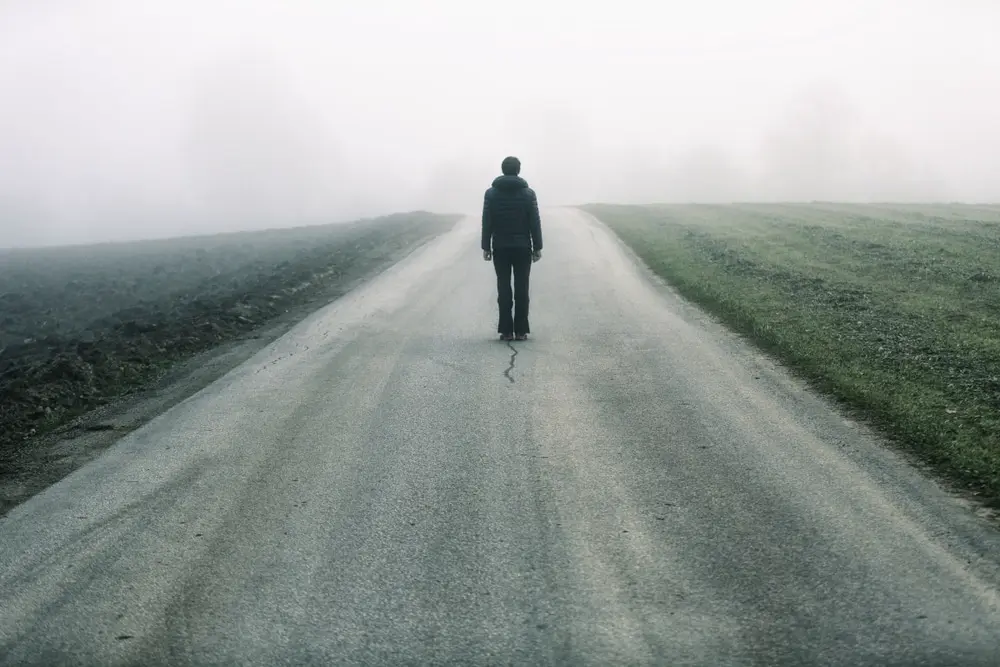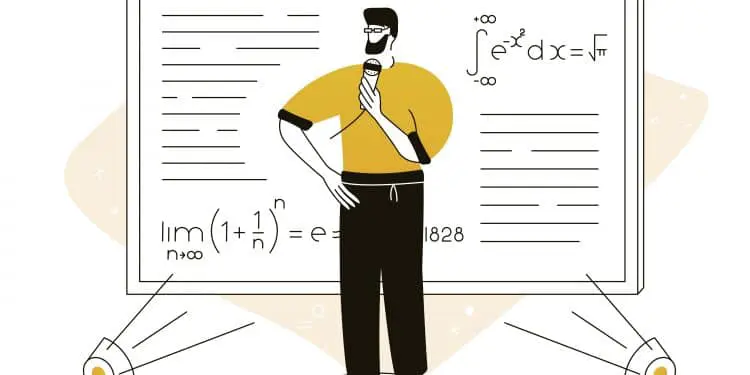Do you like Ted Talks?
I do, I love them.
Ted Talks are an amazing way to broaden your horizons and learn something new, while only spending about 20 minutes of your day doing so.
Ted Talks are public speeches given by experts and brilliant minds in all different fields of science, technology, art, history, and human affairs.
They are brilliant tools in providing new insights to things you might have already heard of and for introducing you to new things you have not heard of before.
If you want to watch a Ted Talk that will really challenge your notions on the world and society, you should check out this one above: Johann Hari’s talk on addition.
Johann is New York Time’s bestselling author who uses this TED opportunity to discuss addiction, how it works, and how society is, in general, wrong about how they think it works and why it happens.
Johann talks about connection as the most important factor in human life and notes it, or the lack of it, as a huge road to addiction.

He discusses an experiment conducted on rats in which two sets of rats were given access to opiate drugs through a tube bottle mixed with water. They were not forced to take the drugs but rather they were there if they wanted them.
One set of rats had everything they needed. Food, water, play, comfort, and other rats to be with. They were happy, healthy, and connected. These rats didn’t touch the opiate drugs. And if they did, they didn’t go back to them.
On the other hand, the other set of rats were put into conditions that were isolating and distressing. They had no rat friends and nothing fun to do. These rats went for the drugs and repeatedly went back to them.
Johann uses this and personal experiences to discuss the real issues lying being addiction. He challenges stereotypes and misconceptions that being an addict is a personality type or a personal failure. He provides evidence to show that it is instead a failure of society that leads to problems with addiction.
He also discusses how the legal and prison systems deal with those with addiction problems in the U.S. and how this inevitably does more damage than it would help rehabilitate and support people with problems.

The talk draws attention to many of the aspects of our society that we often choose to be blind to – loneliness, isolation and lack of universal social connection.
It is a really interesting and insightful talk that will help you challenge how you view addiction. It will also force you to take a look at problems in your own life that, yes, may not be opiate addictions but may be the result of a lack of connection and stimulation in your life.
He ends his talk with the powerful statement that I will leave you with too,
“the opposite of addiction is not sobriety. The opposite of addiction is connection.”

